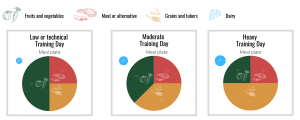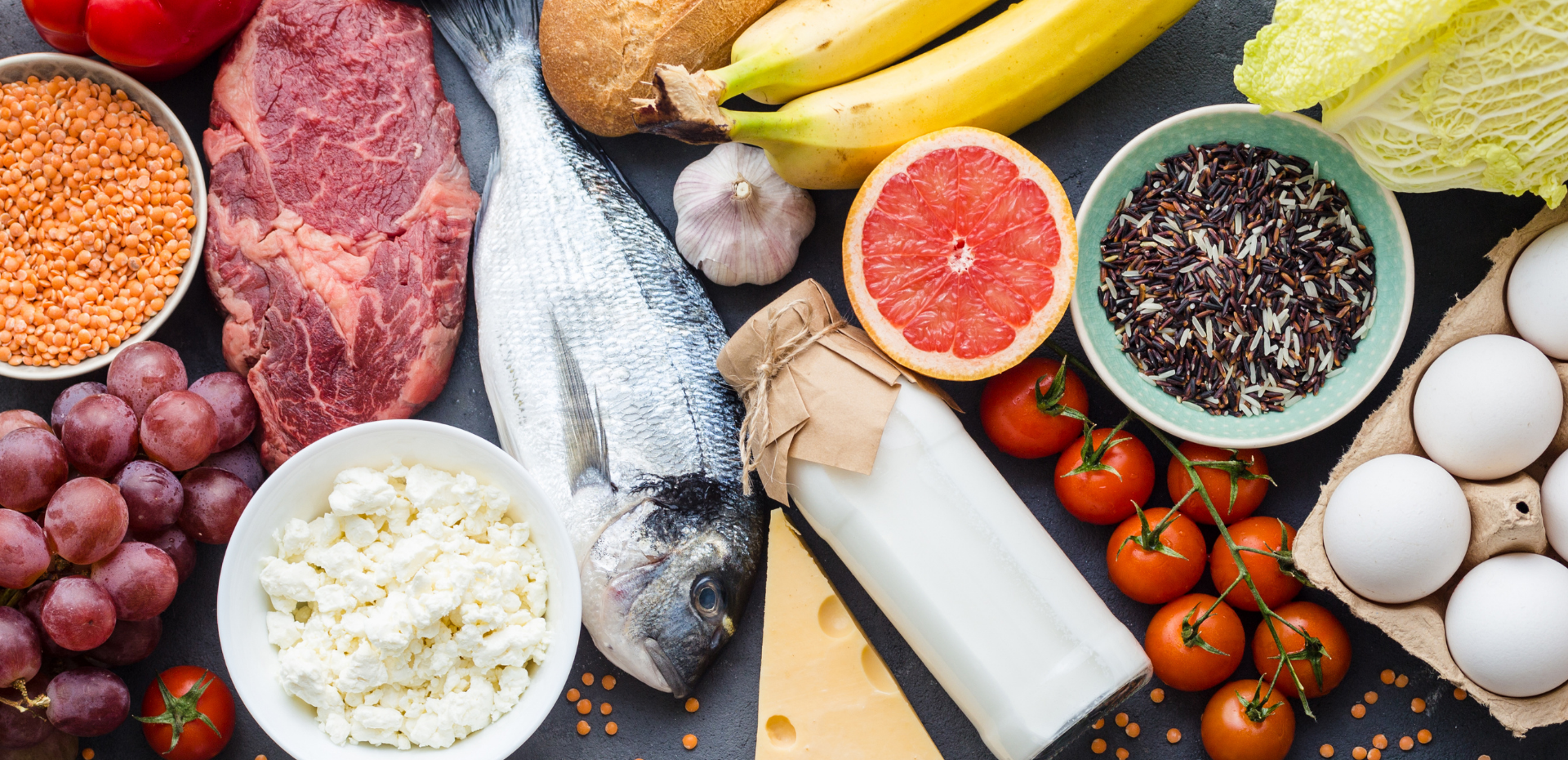FOOD DIVERSITY
A must to manage your energy level
March is nutrition month! The national 2021 slogan – Good for You – promotes healthy eating in all its forms. Our current environment gives unprecedented access to nutrition information. However, there is greater risk of misinformation that could confuse our view of healthy eating practices. The “Good for You” slogan is a reminder that food diversity and flexible meal planning are important to manage a variety of different needs among people. This is easily seen in our high-performance athletes as they prepare for the summer competitive season.
Food diversity is important for athletes to manage a range of dietary requirements. Athletes who successfully manage food choices for energy needs are able to train more frequently by avoiding injuries, optimize the quality of exercise, and ultimately, deliver their best performance in competition. Although the preparation and consumption of energy containing foods and fluids are important, the process is complicated when energy for training varies from day to day, week to week and month to month. Therefore, athletes must learn to successfully adjust energy intake through meals and snacks over the year (see plate figures).

The images show meals being adjusted to match energy requirements for training. It also emphasizes the importance of food group diversity as it improves nutrients density to support multiple nutrition goals. Therefore, food diversity is important to deliver energy and key nutrients for sport requirements.
‘’However, flexible meal planning is essential to solve daily challenges to good nutrition. As with everyone, athletes have different culinary skills, menu planning experience, food budgets, lifestyle schedule, taste preferences, religion influences, cultural influences and food tolerances. These factors influence meal preparation and food choices.’’ explains Erik Sesbreno, Chief Nutritionist at the INS Québec.
Therefore, it is essential to consider these factors to create practical and sustainable nutrition plans for achieving important objectives associated with sport performance.
In the next article, five high-level athletes training at the INS Québec will present a few recipes of their own as well as the reasons that motivate them to consume these specific food.



